Optimal Seasons for Roofing Services
Roofing services are most effectively performed during specific times of the year to ensure optimal results and safety. The ideal seasons typically include late spring through early fall when weather conditions are stable and dry. This period allows for proper installation, repairs, and maintenance without interruption from rain, snow, or extreme temperatures.
Spring offers moderate temperatures and longer daylight hours, making it suitable for roofing projects. It is an optimal time for inspections and repairs before summer.
Summer provides warm, dry weather ideal for roofing work. However, high temperatures require careful planning to prevent heat-related issues.
Fall is a popular season for roofing due to cooler temperatures and less rain. It allows for project completion before winter weather arrives.
Winter is generally less recommended due to cold temperatures and potential snow or ice. However, some projects can be scheduled in milder winter days.

Roofing projects in spring benefit from favorable weather conditions.

Summer is ideal for extensive roofing repairs and installations.

Fall allows for comprehensive inspections and repairs before winter.
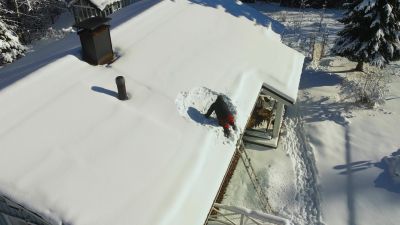
Cold weather can delay or complicate roofing work during winter months.
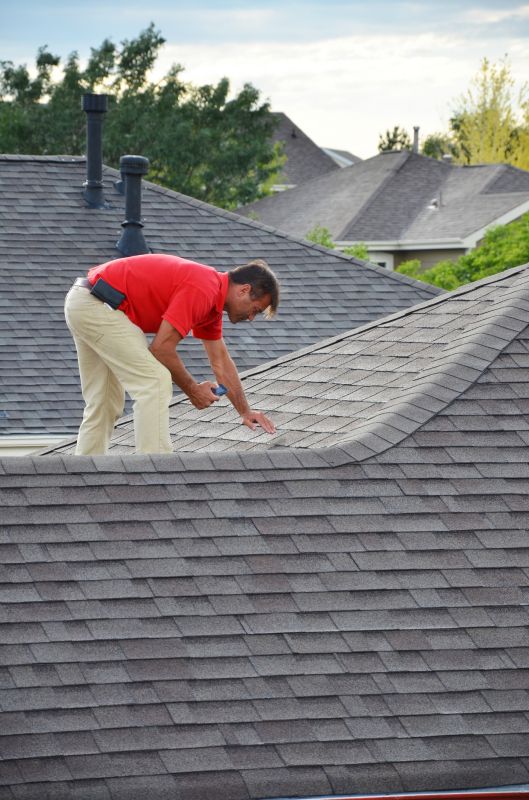
Spring inspections help identify issues after winter and prepare for summer.

Safety measures are crucial due to high temperatures and sun exposure.
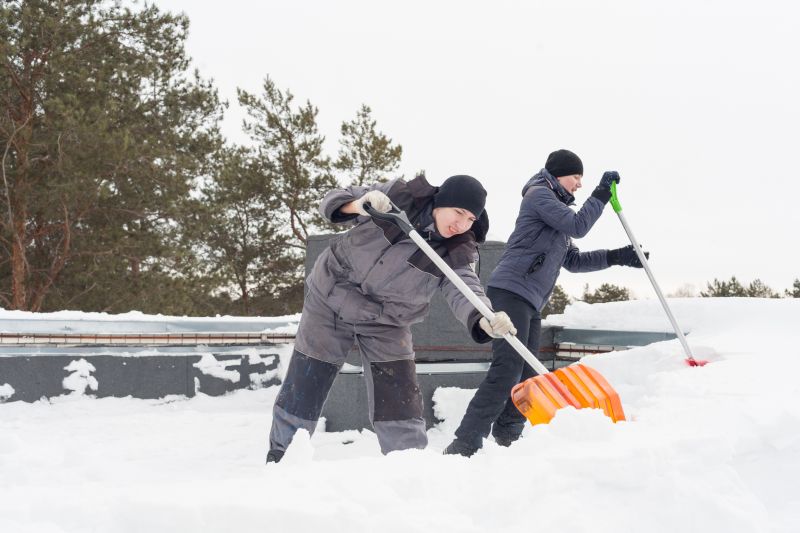
Fall is suitable for preparing roofs for winter weather.
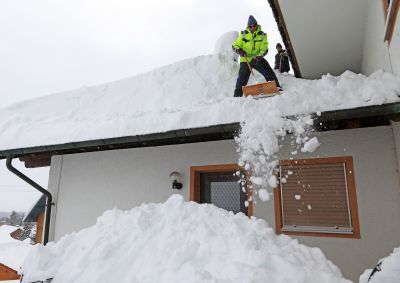
Work in winter requires specialized techniques and scheduling.

Most roofing projects are best completed during spring, summer, and fall.
| Season | Best for Roofing Service |
|---|---|
| Spring | Yes, due to moderate weather and longer days. |
| Summer | Yes, ideal for warm, dry conditions. |
| Fall | Yes, allows completion before winter. |
| Winter | Limited, suitable for specific projects in mild weather. |
Roofing service encompasses a range of activities including inspections, repairs, replacements, and maintenance. Proper timing ensures these services are performed under optimal conditions, reducing delays and ensuring durability. According to industry data, scheduling roofing projects during favorable weather can extend the lifespan of the roof by preventing weather-related damage and ensuring quality workmanship.
Understanding seasonal patterns and weather conditions helps in planning roofing services effectively. For example, avoiding roofing during heavy rain or snow minimizes risks and improves the quality of installation. Proper timing also allows for better material handling and adherence to safety standards, ultimately leading to longer-lasting results.

Timely inspections identify issues early and plan repairs accordingly.
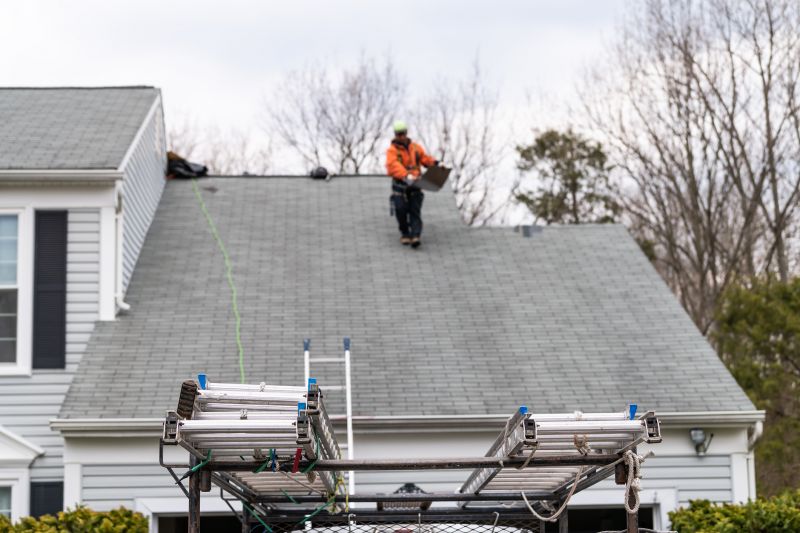
Scheduled repairs during optimal weather prevent further damage.

Complete replacements are best performed in dry, moderate seasons.
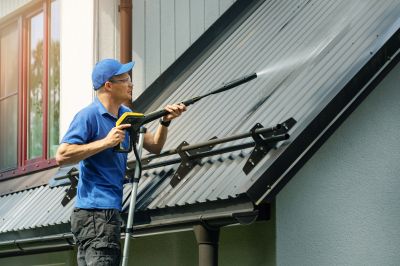
Regular maintenance in suitable seasons prolongs roof life.
Individuals interested in scheduling roofing services are encouraged to contact the appropriate professionals to determine the best timing based on current weather conditions and project scope. Proper planning ensures a successful outcome and a durable roof that protects the property effectively.



